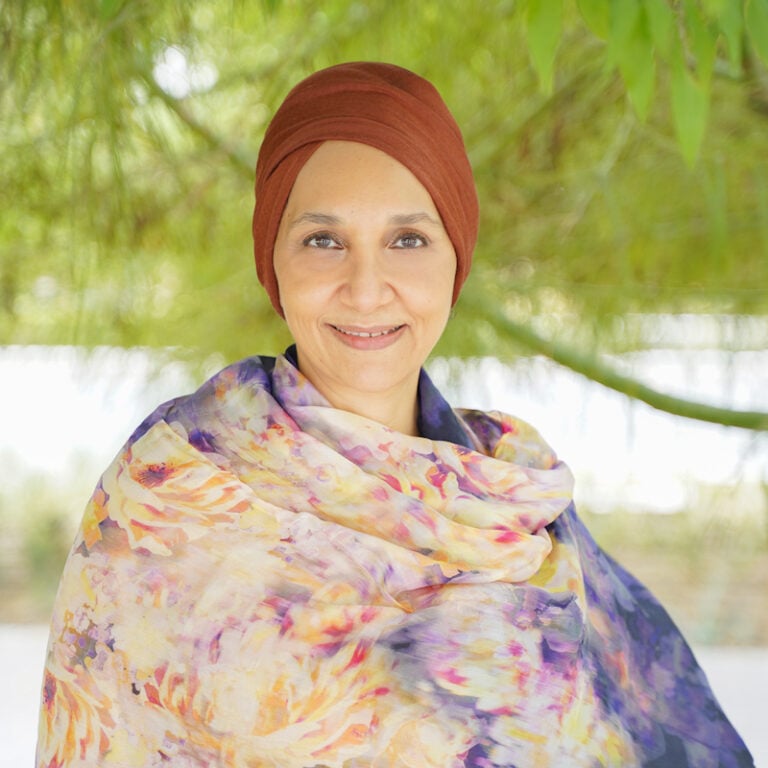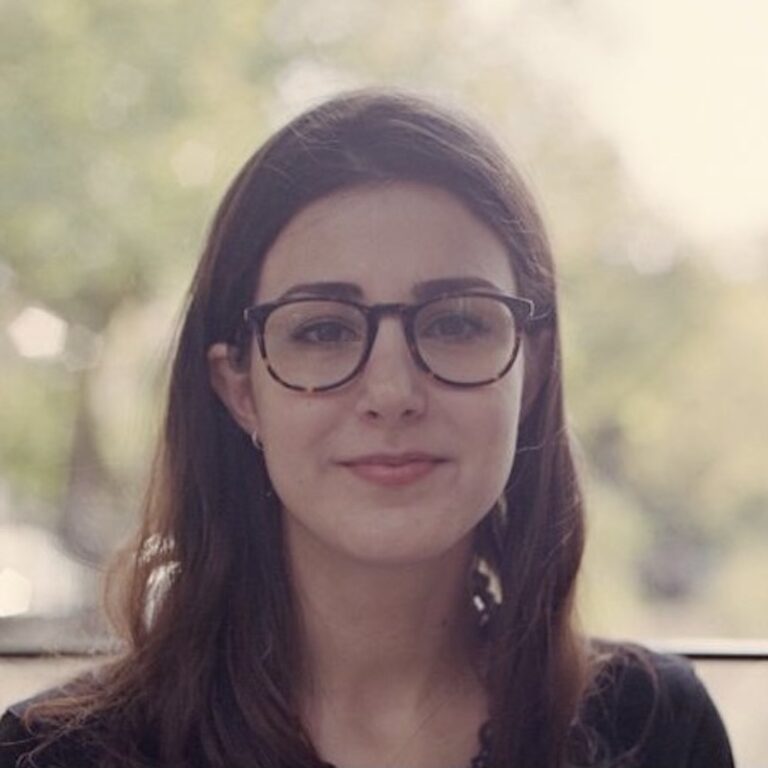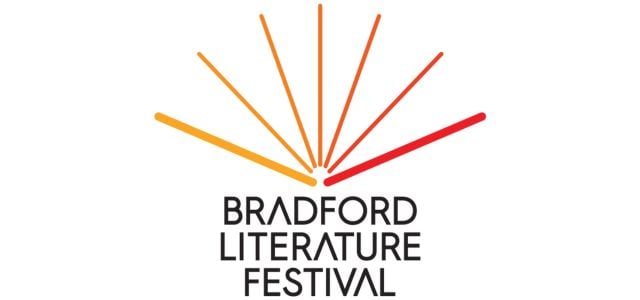Description
Step into the complex world of Sudan with our panel discussion on the country’s troubled history and the legacy of the Mahdi – the prophesied redeemer of Islam who would lead a new Islamic world order.
Sudan endured years of military rule, humanitarian crises and political upheaval. In the late 19th century, a Sudanese sheikh named Muhammad Ahmad, declared himself the Mahdi. Seizing control of Sudan from the previous Ottoman-Egyptian government, he united many of Sudan’s diverse ethnic groups, while others were enslaved.
Sudanese author, Leila Aboulela’s new novel, River Spirit, is set against the backdrop of this period. Her unforgettable story of a people who, against the odds and for a brief time, gained independence from foreign rule through their willpower, subterfuge and sacrifice.
She is joined by Dr Hengameh Ziai, an expert in African and Middle Eastern history at SOAS, and author and broadcaster Fergus Nicoll, to discuss religious empires, the rise of nationalism and the Mahdi’s controversial legacy.
Related Book

About the Author

Leila Aboulela
Leila Aboulela’s sixth novel, River Spirit, was published in March 2023 and described by The New York Times as ‘Dazzling… a novel of war, love, faith, womanhood and – crucially – the tussle over truth and public narratives’. Leila’s previous novels are Bird Summons, The Kindness of Enemies, The Translator, Minaret and Lyrics Alley, Fiction Winner of the Scottish Book Awards. Her short story collection Elsewhere, Home, won the Saltire Fiction Book of the Year. Leila is the first-ever winner of the Caine Prize for African Writing, and her work has been translated into fifteen languages. She is Honorary Professor of the WORD center at the University of Aberdeen.
About the Academic

Dr Hengameh Ziai
Hengameh (Henny) Ziai is a Lecturer in the History of Middle East and Africa at SOAS, University of London. Her research lies at the intersection of political theory, critical political economy, and Islamic studies, with a focus on formations of the colonial and the emergence of modern political subjectivity in Sudan during the long nineteenth century.
About the Chair

Dr Fergus Nicoll
Dr Fergus Nicoll first went to Sudan as a teacher in 1987. After joining the BBC World Service the following year, he followed political developments in Sudan and South Sudan closely as a journalist. For the past 20 years, he has focused his historical research work on the Mahdiyya, producing several books and articles including a biography of Muhammad Ahmad al-Mahdi. His doctoral thesis focused on the Sudan policy of William Gladstone’s Liberal government. He is now a Research Associate in the History Faculty at the University of Oxford. Fergus left the BBC last year after more than 30 years as a broadcaster.
Join Our Mailing List
By submitting this form you agree to our Privacy Policy and to receive marketing emails, including e-newsletters and event updates from Bradford Literature Festival.
